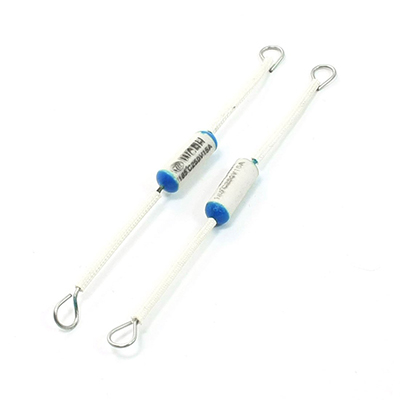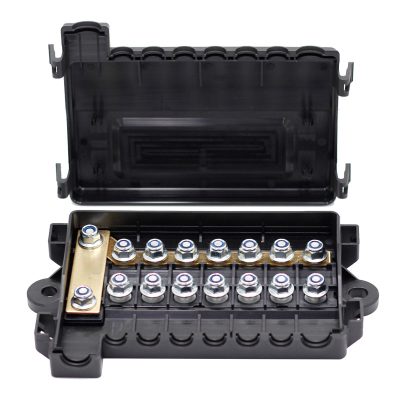Essential Role of Fuses in Safeguarding Automotive Engine Temperature Sensors
News 2025-10-13
Fuses play a critical role in modern vehicles, particularly in protecting engine temperature sensors from electrical overloads. These components act as safety barriers, preventing damage from short circuits or excessive current that could affect sensor accuracy and vehicle performance. In automotive systems, engine temperature sensors monitor heat levels to optimize fuel efficiency and emissions, making reliable protection essential for overall engine health and longevity.

Applications in Vehicle Systems
Engine temperature sensors integrate with fuses in various automotive applications, such as in fuel injection systems and cooling mechanisms. These sensors detect overheating in real-time, allowing the engine control unit to adjust operations and avoid potential failures. Fuses ensure that if a surge occurs, the circuit breaks without harming the sensor, commonly found in electric vehicles and hybrid models where precision is key for battery management and thermal regulation.
Performance Benefits and Reliability
Fuses offer superior protection through fast response times and precise current ratings, enhancing the durability of engine temperature sensors. Their compact design allows seamless integration into tight engine spaces, while materials like ceramic or glass provide resistance to high temperatures. This setup improves sensor accuracy, leading to better fuel economy and reduced emissions, as sensors operate without interference from electrical faults.
Selecting and Integrating Fuses
When choosing fuses for engine temperature sensors, factors like amperage and environmental resistance matter for optimal performance. Proper integration involves matching the fuse to the sensor’s voltage requirements and ensuring secure mounting to withstand vibrations. This approach minimizes downtime and maintenance costs, supporting the sensor’s role in advanced driver-assistance systems for safer, more efficient driving.
1. What is the primary function of a car fuse in engine sensors?
Engine fuses protect against electrical surges, ensuring sensors measure temperature accurately without damage.
2. How do fuses enhance vehicle performance?
By preventing circuit overloads, fuses maintain sensor reliability, which optimizes engine operations and improves fuel efficiency.
3. Why are specific fuses needed for temperature sensors?
These fuses are designed for high-heat environments, providing precise protection that matches the sensor’s operational demands.


